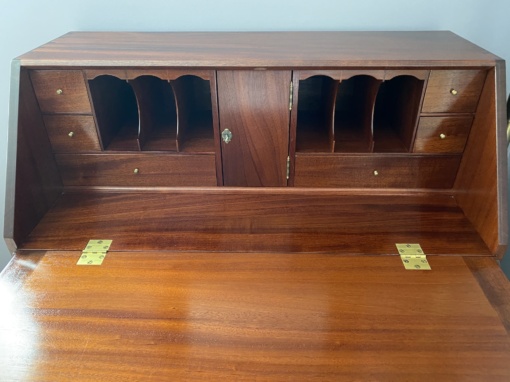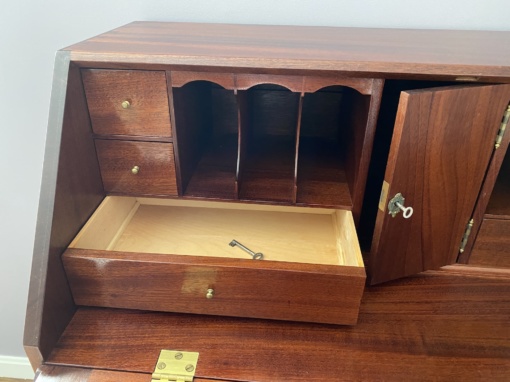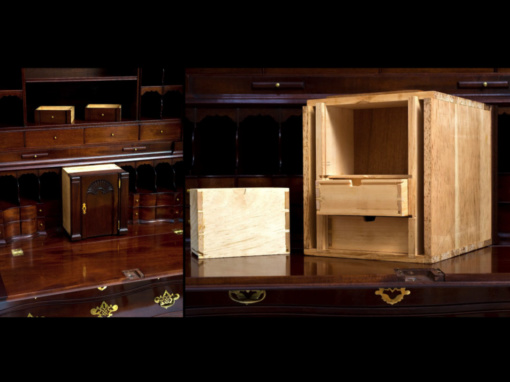As a multitude of ominous sounding heat related events, such as heat waves and heat domes, reach farther north and last longer each summer, more and more people are being forced to use their air conditioners for extended periods of time and are noticing the effect on their electric bills. While there is not too much we can do to control the day-to-day weather, we can control our electricity use and help utilities manage electric demand. This in turn reduces electricity costs while also limiting greenhouse gas emissions from fossil fuel intensive peaker plants.
Peak Demand
Peak demand represents the greatest demand for electricity from consumers. This usually occurs between 3 and 7 PM during weekdays in the summer when people are running their air conditioners in their offices to fight the afternoon heat, as well as trying to cool down their homes after work. It is the responsibility of the utilities to providing electric consumers with a reliable supply of electricity, despite these fluctuations in demand. As a result, in times of peak electric demand, power generators resort to using peaker plants to meet the need. Because it is expensive to build an efficient power plant, especially one that is only needed during a few weeks of the year, these peaker plants are often less efficient, making the electricity they produce more expensive and worse for the environment than that produced by base load power plants.
What You Can Do
There are a number of things you can do to reduce your electric demand during peak events and more utility companies are working with customers to encourage and incentivize reductions. Ask (or do some research on) your utility to determine if they offer any demand response programs. Many utilities offer incentives to participate in programs where they are able to cycle home appliance energy use to reduce demand. These programs require a home to have a smart meter and smart appliances that can be controlled remotely by the utility. Because residents may view this as rather intrusive, some utilities work with companies like OPower to offer programs that simply alert customers to the occurrence of a peak event and list ways in which demand could be reduced if choose to participate.
If you would like to reduce your electric usage during peak times, here are a few different options: turn the temperature on your air conditioner up a few degrees; wait until after the event to do your laundry or run your dishwasher; and cook your dinner outside on a grill instead of turning on your electric stove or, better yet, make a cold soup or salad. A more involved option is to have an energy audit done on your home to determine other energy efficiency measures that can be taken.
The bottom line is that using less electricity during peak events saves you money on your electric bill while also reducing greenhouse gas emissions. So the next time you want to crank up your air conditioning at 5:30 PM after work, think about the coal-fired power plant in the middle of Acadia National Park in Maine that only runs on really hot days.
For more information see:
http://www.nj.com/business/index.ssf/2010/07/” target=”_blank”>http://www.nj.com/business/index.ssf/2010/07/
Credit: Mariel Marchand




























